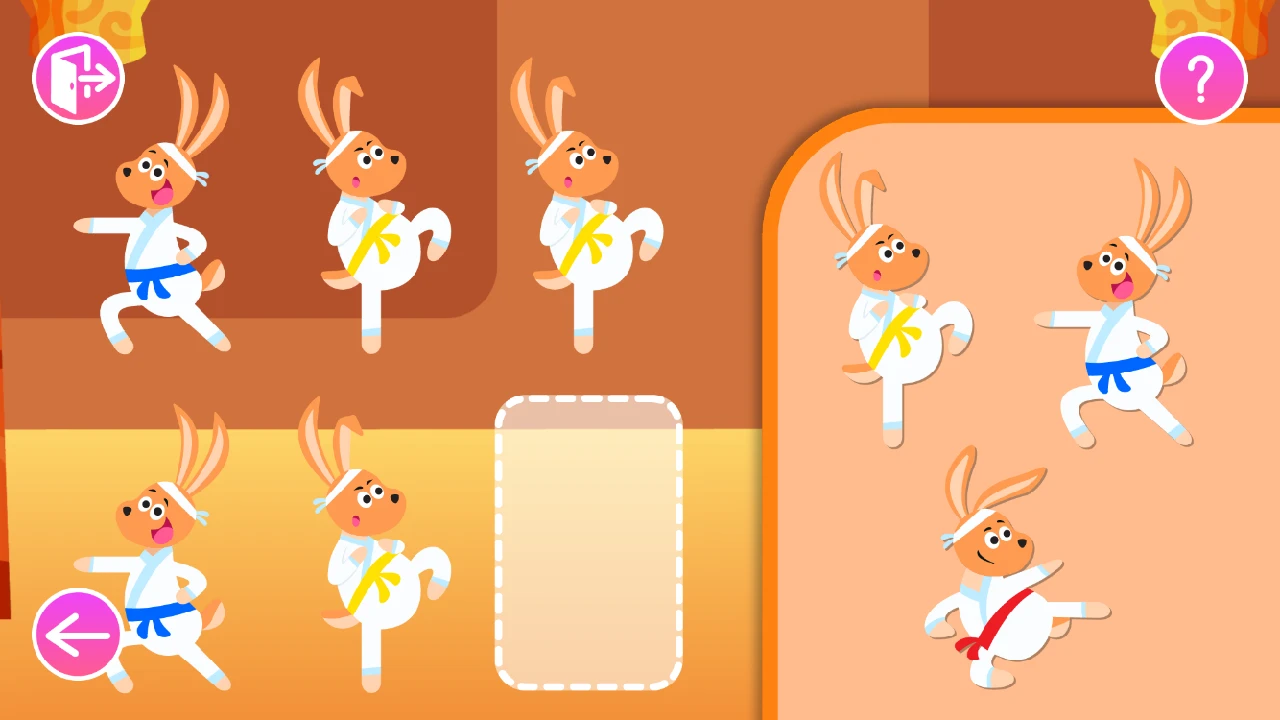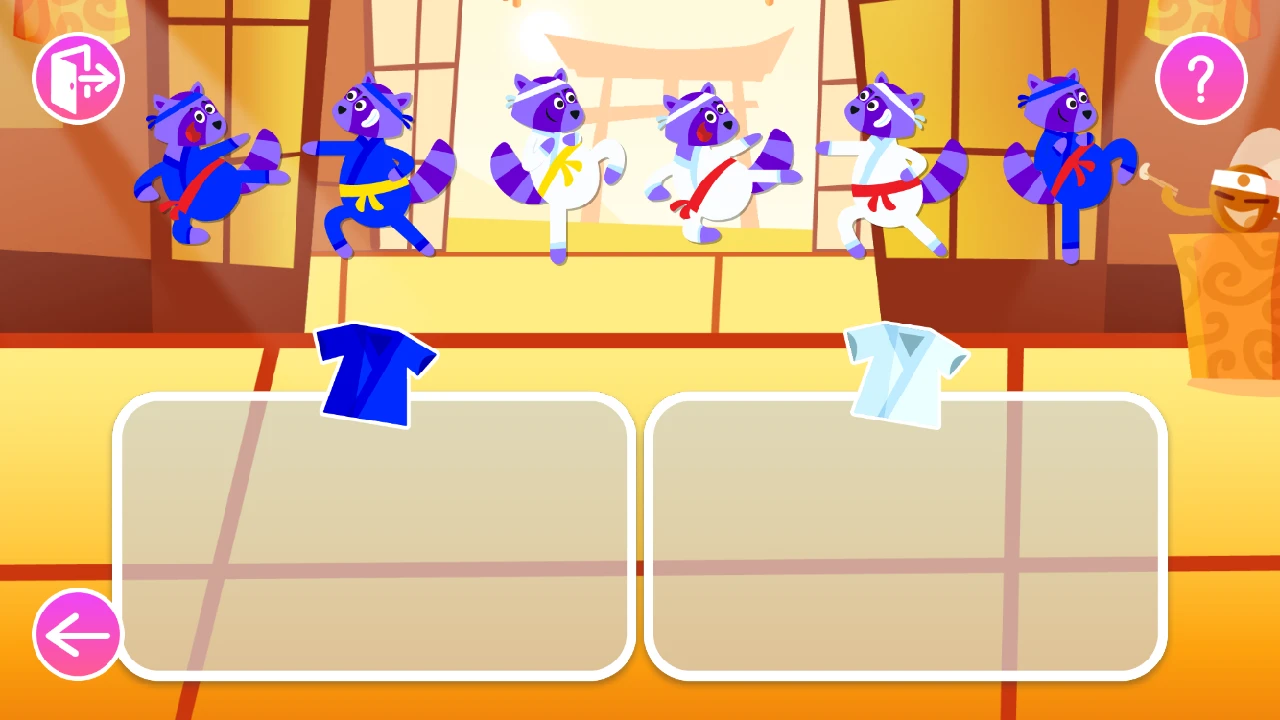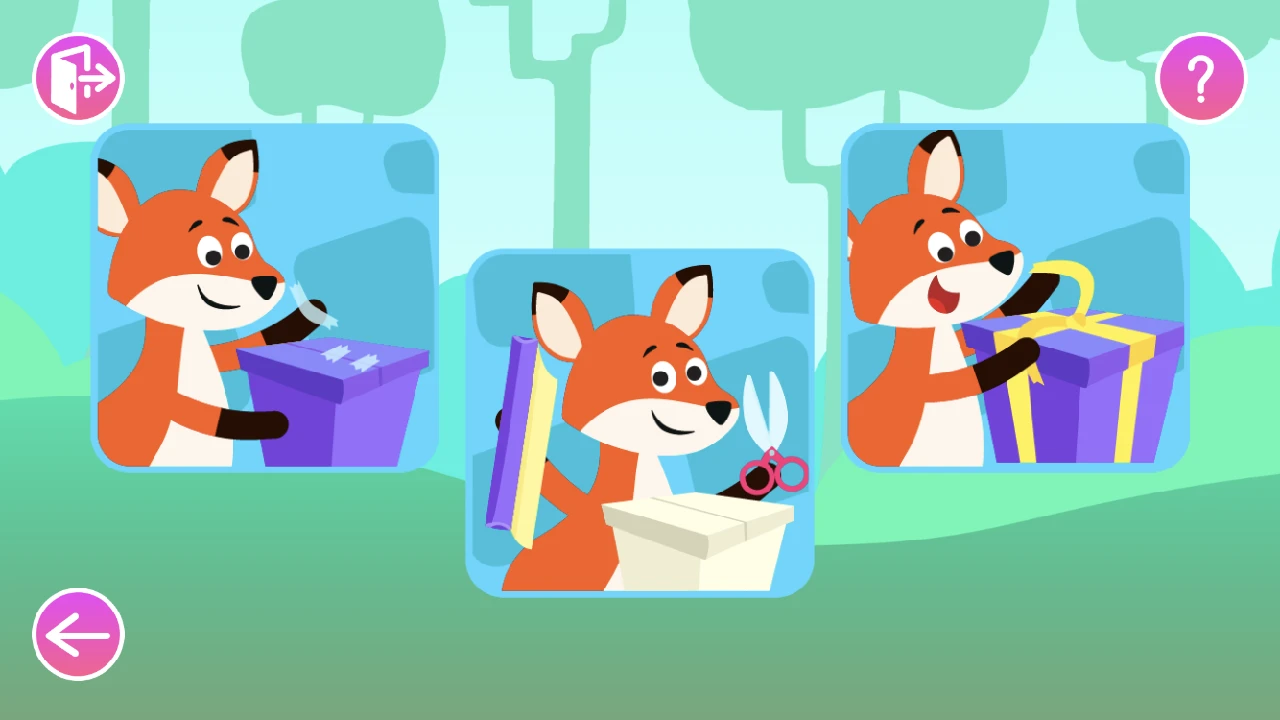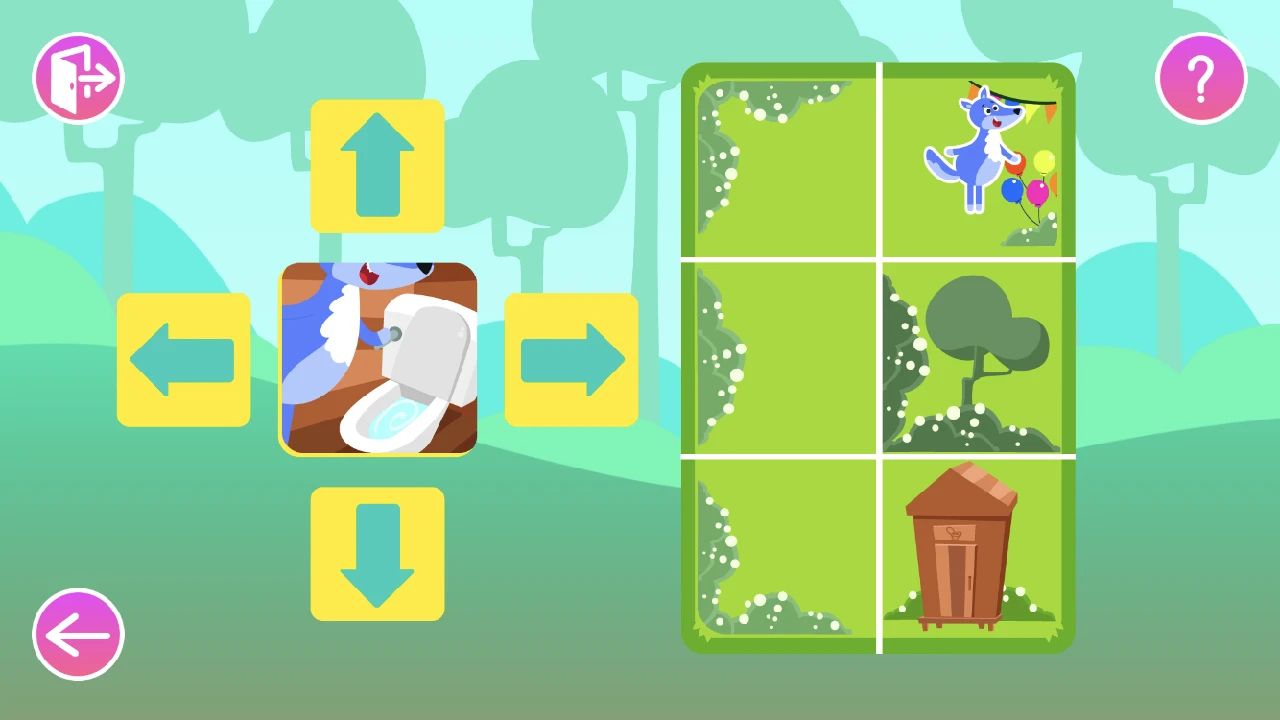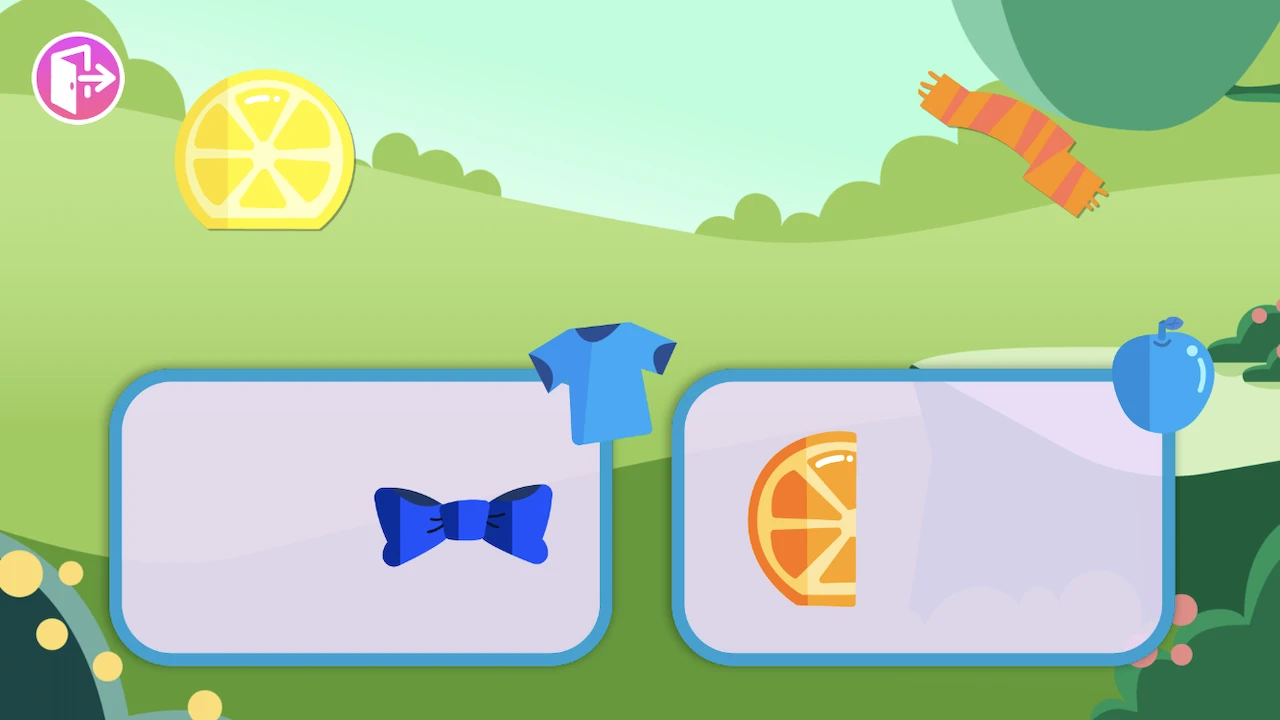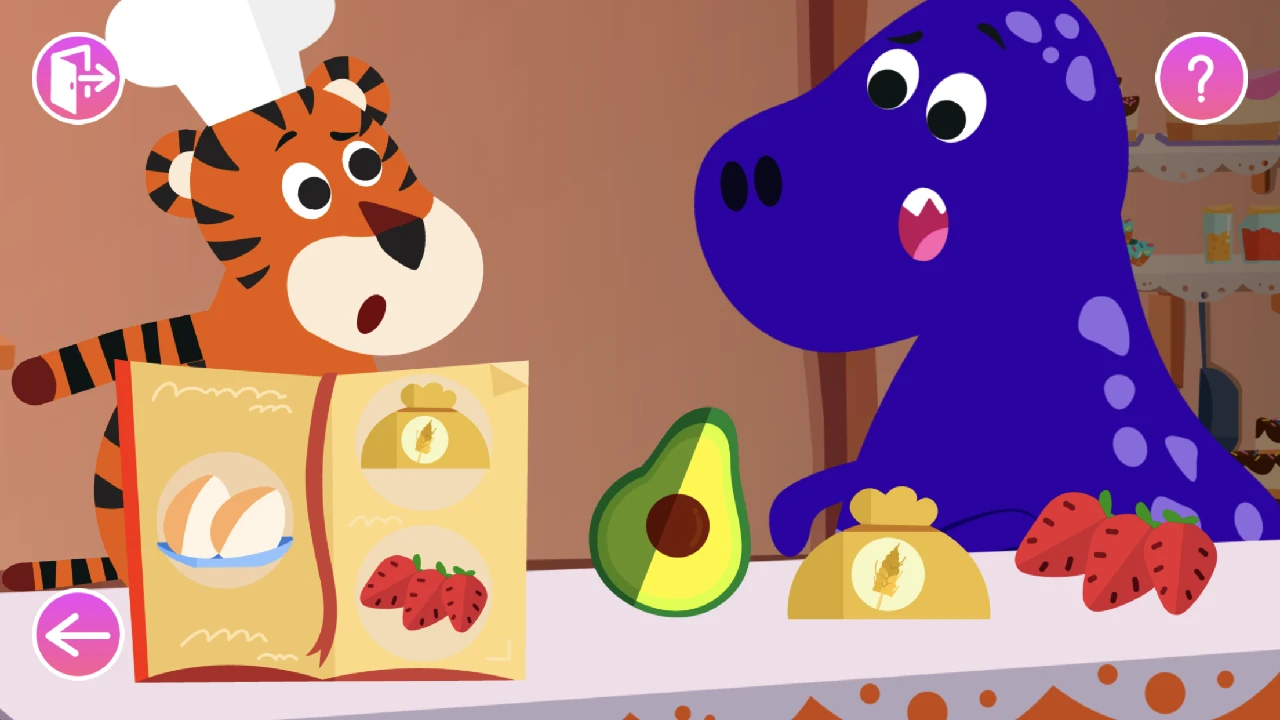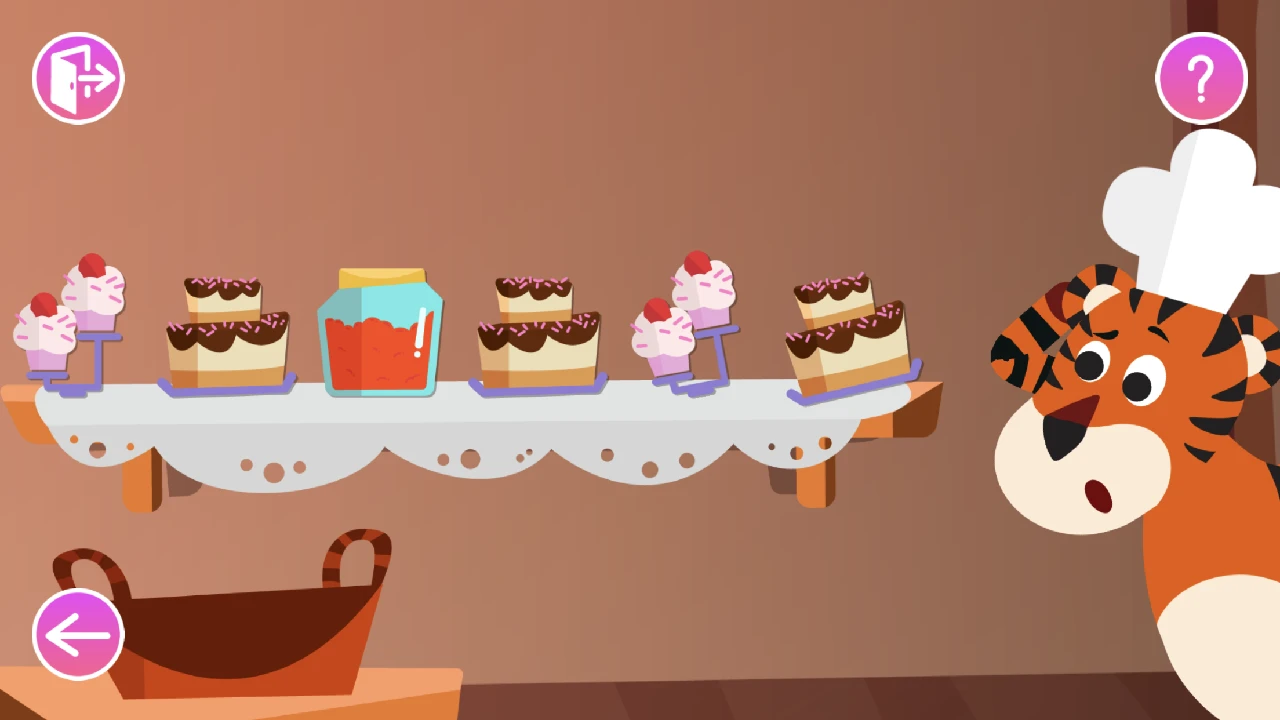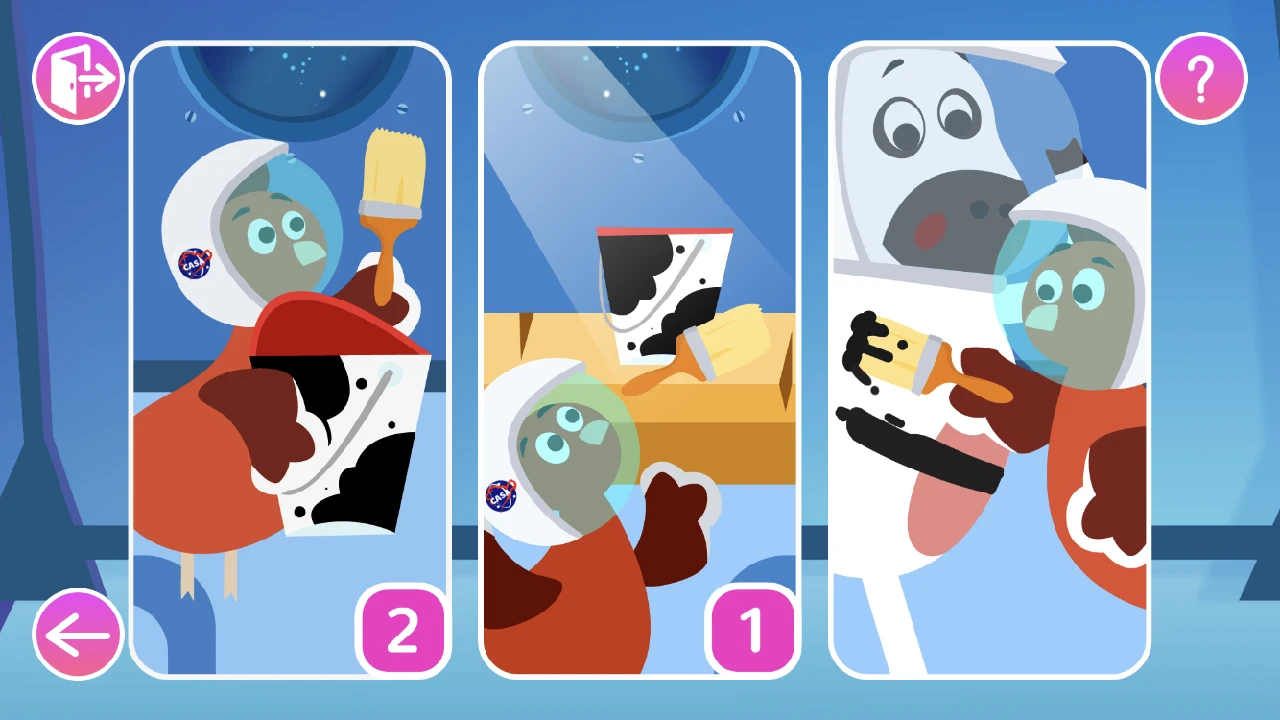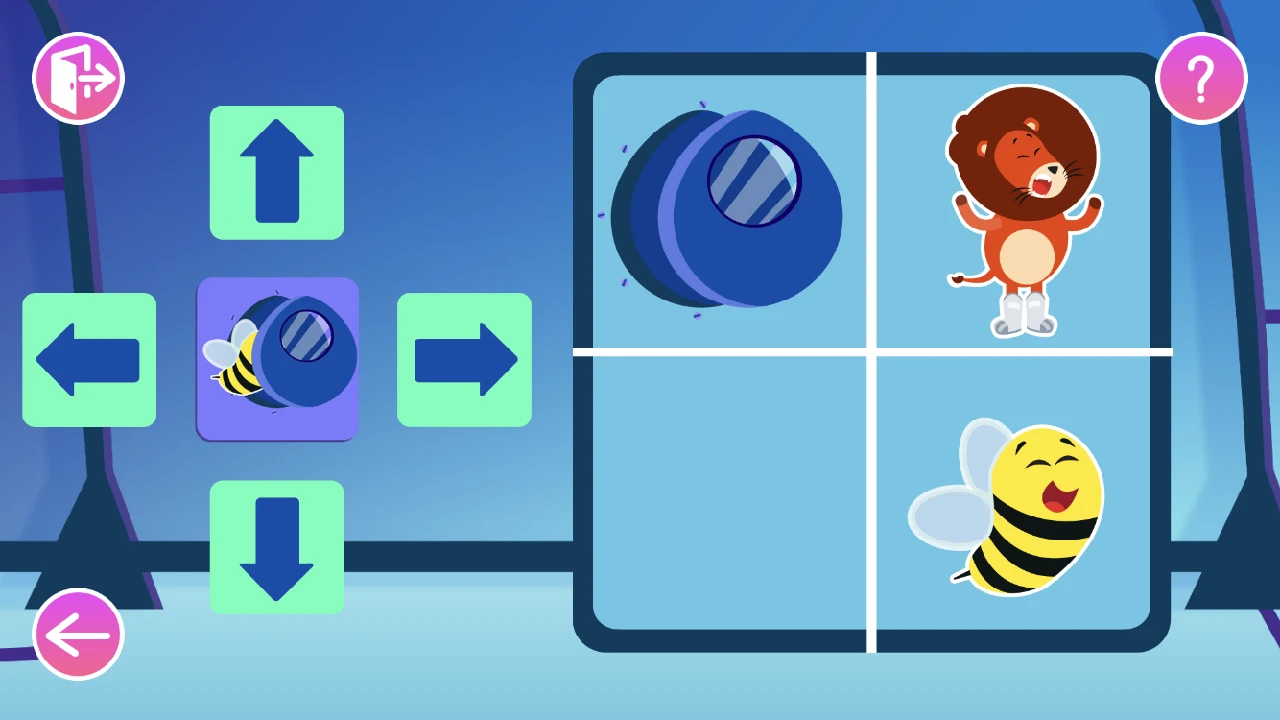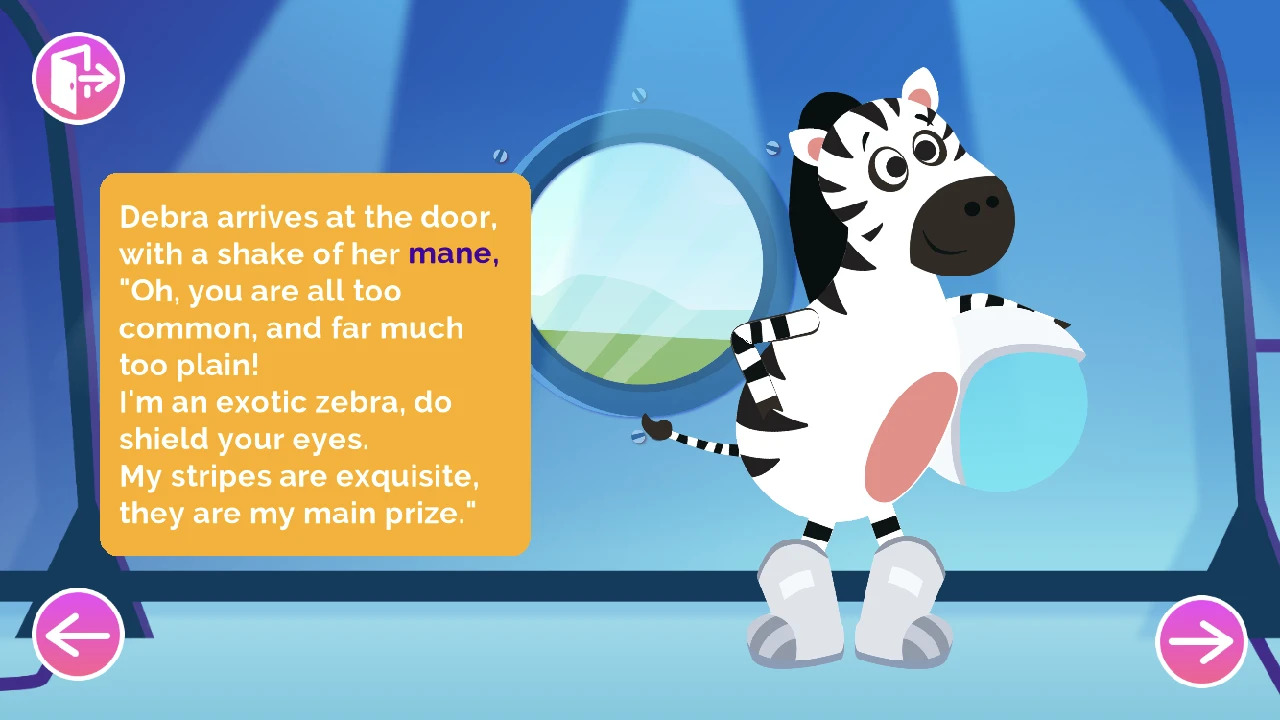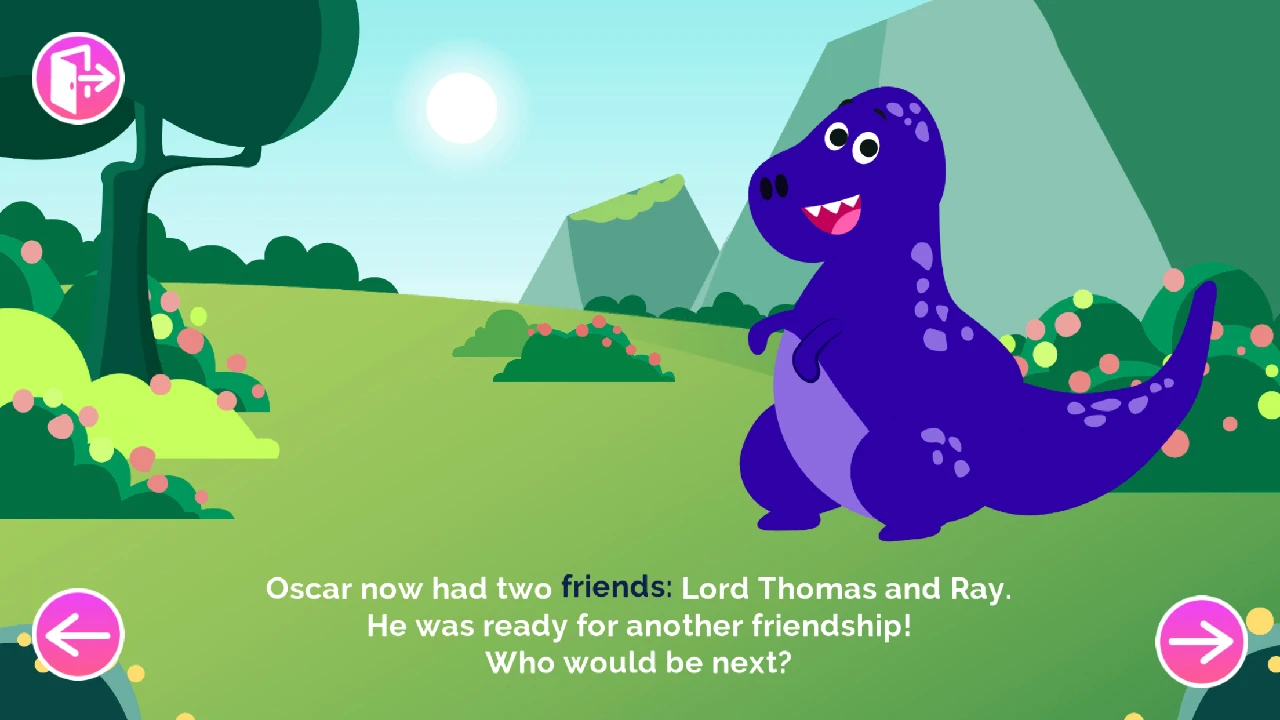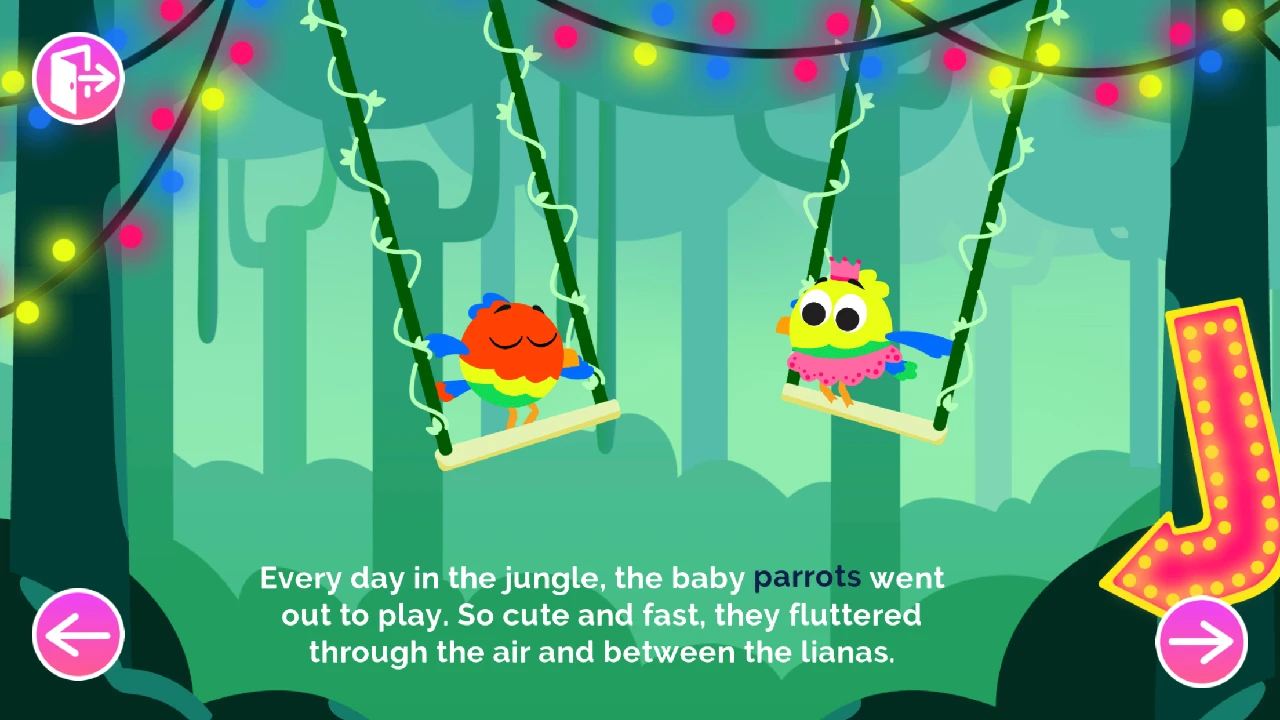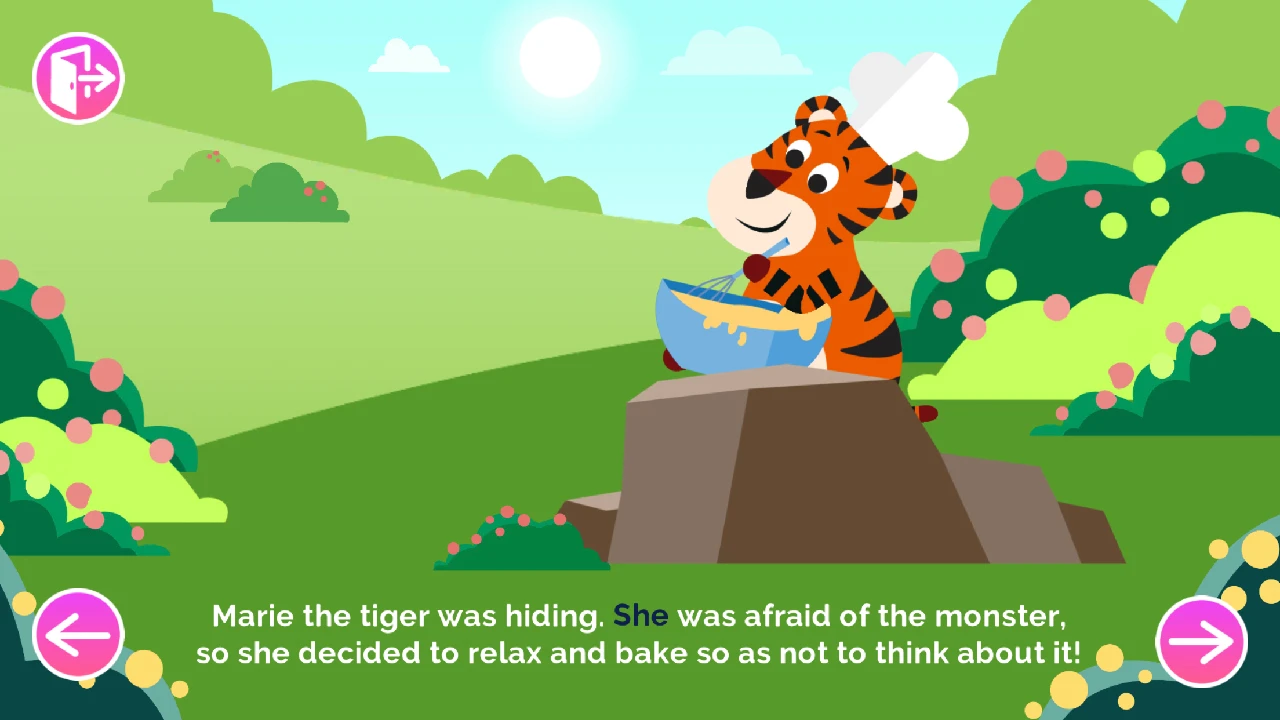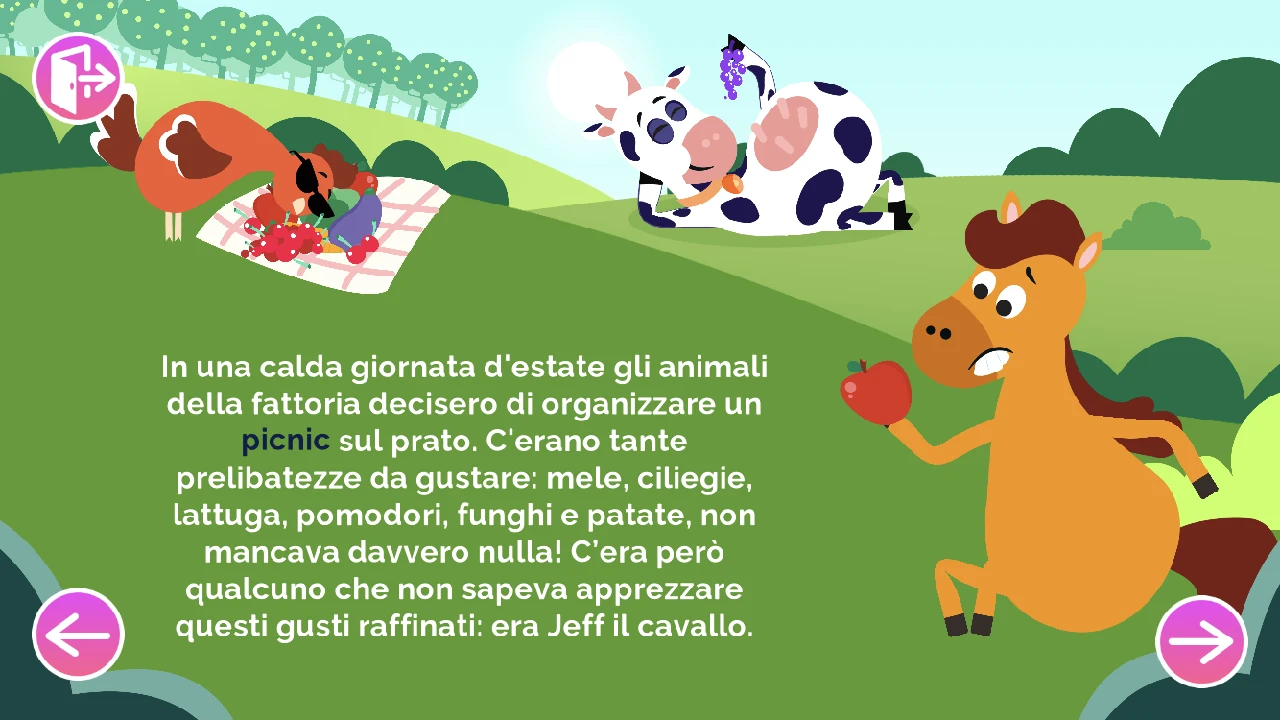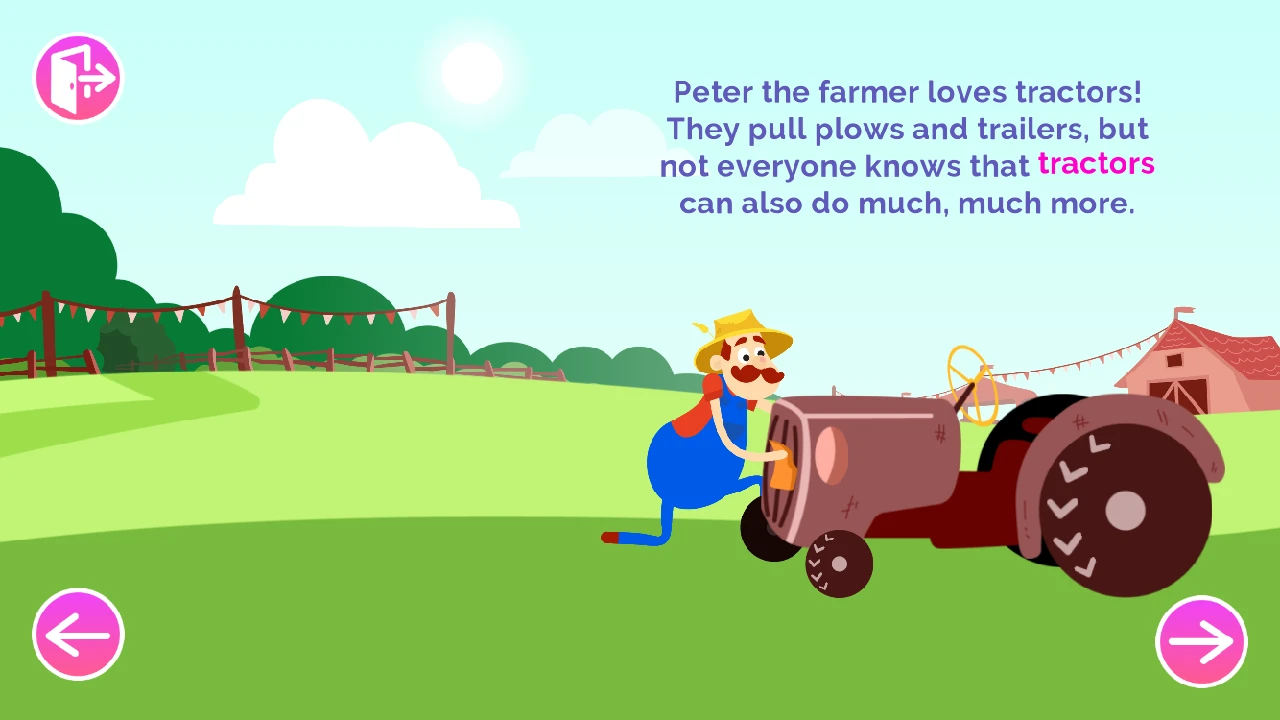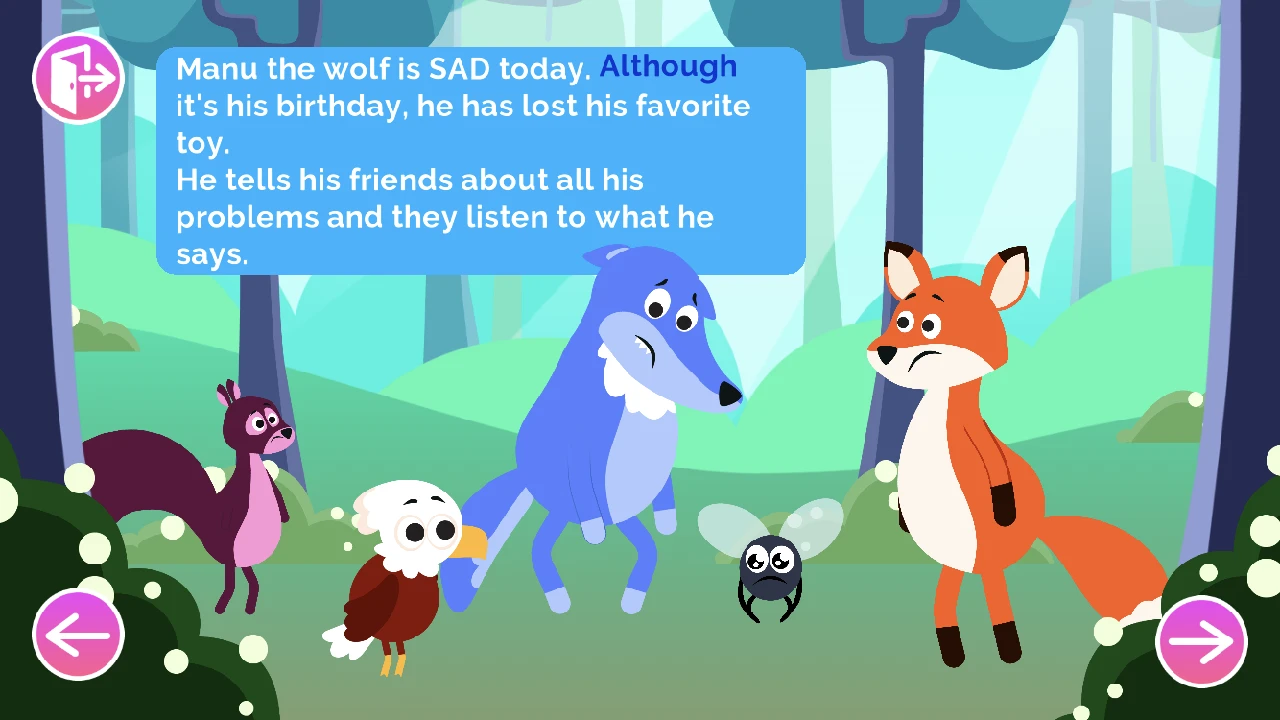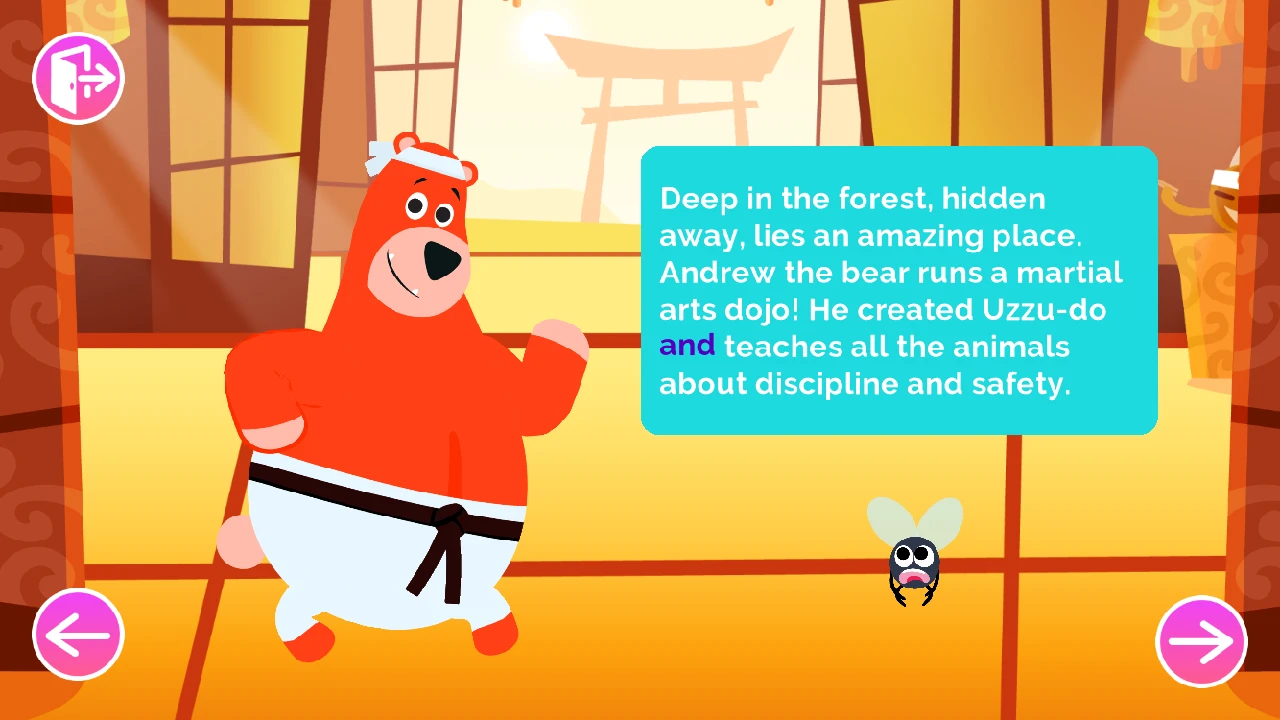In our rapidly evolving digital age, understanding technology becomes more essential each day. And as early as their preschool years, children can begin to grasp the foundational principles that underpin technological processes. Among these, one of the most significant concepts is the idea of sequential actions — a sequence of instructions executed in a particular order to achieve a specific outcome. While this concept might seem a bit daunting to teach preschool children, the key lies in making it engaging, interactive, and fun. This can be achieved through gamified learning, story-telling, and interactive play that stimulate young minds and unleash their creative potential. Sequential actions can be seen as a sequence of events that lead to a specific result, like the steps involved in creating a sandwich or the commands a computer follows to complete a task. Let’s delve deeper into the fascinating world of sequential actions, and how we can make it a captivating subject for preschoolers.
Sequential actions, or sequencing, is a core concept in the world of technology, particularly in programming and coding. It refers to the set of instructions given in a specific order for a task to be performed successfully. Just like a recipe provides step-by-step instructions to make a delicious meal, sequential actions work in the same way in the realm of technology. It’s much like telling a story with a beginning, middle, and end, or following steps in a game. The beauty of sequential actions lies in its ability to create something from nothing. It’s about how one small action, followed by another, can lead to a remarkable outcome. Understanding this concept empowers children to create, design, and problem-solve, thus setting a strong foundation for their future learning journeys.
Teaching sequential actions to preschoolers might seem like a daunting task, but with the right approach, it can be a fun and engaging learning experience. Here are five practical tips to cultivate an understanding of sequential actions in children aged 3 to 6:
Remember, the objective is to make learning sequential actions a fun, engaging, and interactive experience for children.
It is important to engage children in the concept of sequential actions in a manner that not only teaches but also sparks their curiosity and encourages independent thinking. With Smart Tales, you have an extensive range of resources at your fingertips. Our application offers a myriad of stories, games, and educational worksheets designed to make learning an engaging and interactive experience for children, helping them grasp and master the concept of sequential actions.
Smart Tales offers a captivating selection of stories that highlight the principle of sequential actions. Through these interactive narratives, children can observe sequential actions in action, developing a better understanding of the concept. Our enchanting characters lead them on journeys where one event follows another in a meaningful sequence, demonstrating the beauty of order and progression.
Our interactive games are specially designed to foster the understanding of sequential actions. Children are guided to command characters to execute tasks in a specific order. These fun and engaging games provide an experiential understanding of the concept, thereby making it more comprehensible and relatable to them.
The Smart Tales app also provides educational worksheets on sequential actions. These worksheets are specially curated to reinforce the concept learned through stories and games. By working on these sheets, children can practice and enhance their skills in understanding and implementing sequential actions, thereby solidifying their grasp of the concept.
In conclusion, understanding the concept of sequential actions is vital in the early learning journey of a child, more so in our technologically driven world. It lays the foundation for critical thinking, problem-solving, and creativity. By using the right resources, such as Smart Tales, we can make the learning process interactive and fun. Through its array of stories, games, and worksheets, Smart Tales transforms the learning of sequential actions into an enjoyable and engaging experience for children.

